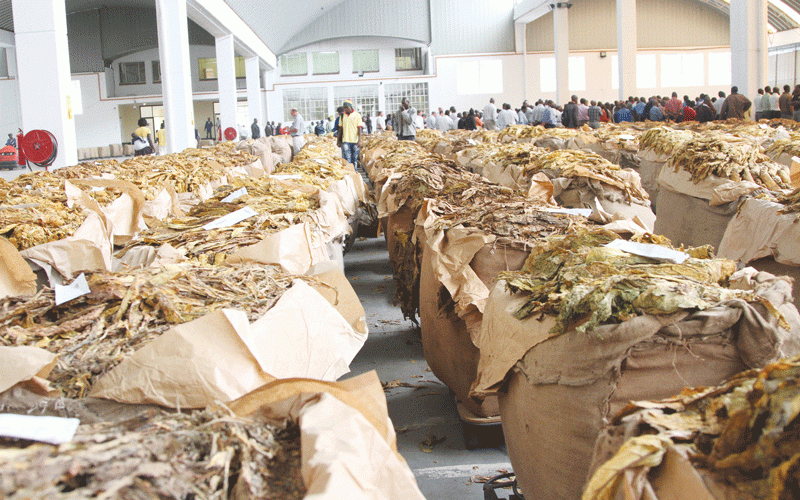
THE cost of living in Zimbabwe ballooned by $1 554 to $8 726 by end of last month due to the influence of the parallel market on exchange rates, limited supply of basic products and panic buying by consumers because of the lockdown.
BY MTHANDAZO NYONI
A survey conducted by the Consumer Council of Zimbabwe (CCZ) showed that the cost of living for a family of six shot up by 22% to $8 726 in May, against an average monthly income of a civil servant which hardly goes beyond $3 000. In April, the figure stood at $7 171.
The food basket increased by $1 435 to $5 552 by end of May while the price of detergents increased by 31% to $507. Major increases were recorded in margarine, mealie-meal, sugar, tea leaves, fresh milk, cooking oil, bread, flour, rice, onion, salt, meat, bath soap, laundry bar and washing powder. Decreases were only recorded in tomatoes and cabbage.
“As CCZ, we assume that the increase in the total figure of the basket can be attributed to the influence of the parallel market on exchange rates, limited supply of some basic products and panic buying by consumers because of the lockdown,” the report reads in part.
“There has been a decline in productivity by firms in the market due to the negative impact of the coronavirus, but consumers have increased their demand for certain products in fear of future shortages.”
The increase in cost of living comes at a time the majority of Zimbabweans are wallowing in abject poverty, with some having lost their jobs while others are receiving half salaries due to the COVID-19-induced lockdown. The consumer watchdog said mandatory restrictions like the lockdown required citizens to stay at home in order to avoid the spread of the coronavirus, but on the other hand, these measures had triggered panic buying, leading to an increase in the price of most basic products. It urged consumers to always seek a fair deal on the marketplace by ensuring that their rights are observed, as well as reporting any anomalies on the marketplace. CCZ conducts a survey every week and the total cost of the food basket and the price of each commodity are arrived at by averaging prices gathered from retail outlets throughout the country.The basket is a fairly accurate depiction of the cost of living for a low-income urban earner in Zimbabwe.











